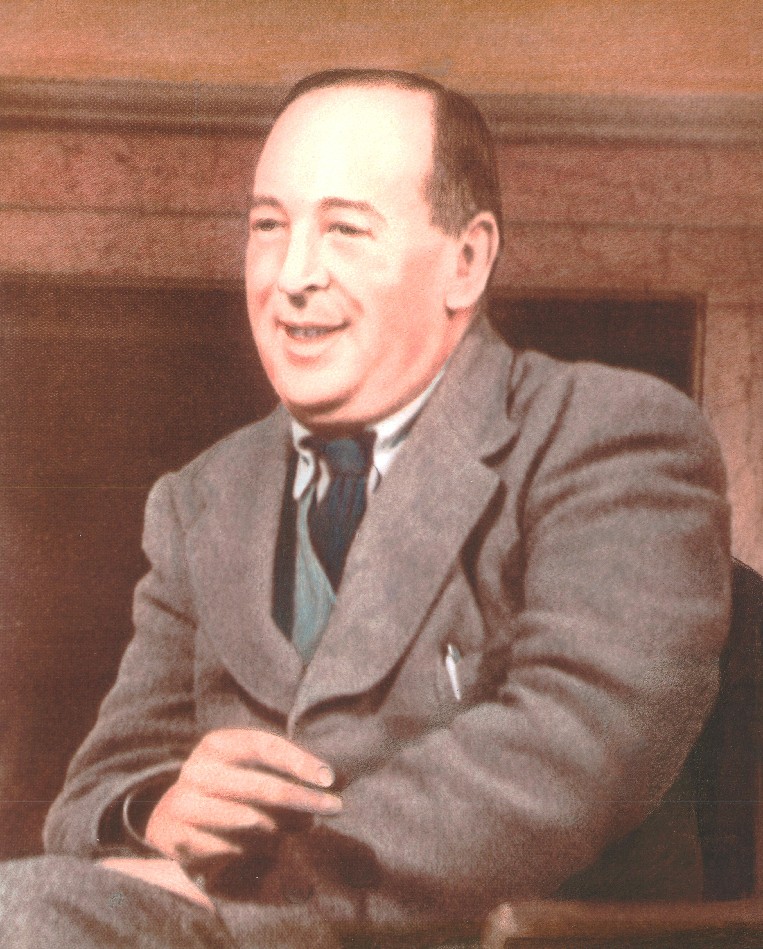

His discourse with Ransom reveals that he views all other ways of life with a lens of harsh cynicism and flippant sarcasm, valuing only money above all things. Even his name reflects this: "dives, divitis" is a Latin adjective meaning "rich." His only motivation in making the voyage to Malacandra is to acquire precious materials that will make him rich on Earth. He also represents a certain aspect of Western culture: materialistic greed. Devineĭevine's symbolism is perhaps a bit more obvious and less grandiose than that of Weston. Weston's characterization further emphasizes this distinction: he is eloquent and composed when in his language and element, but when confronted with the goodness of Oyarsa and Malacandran language, he becomes a bumbling, comical figure who stubbornly holds on to his perversion in the face of redemption. By making Weston the novel's main villain, Lewis is making a statement about his own Western culture: it is a perversion of the ideals God has given to mankind as a result of the fall, prioritizing Man over all else. He does not act for his own material, individual interest, however he represents that modern trend of utilitarianism in the world of academia and industry. His name is no accident: "Weston" acts as a symbolic representative of "Western" culture in all of its imperialist, capitalist, individualist glory.

We are thankful for their contributions and encourage you to make your own.ĭr. These notes were contributed by members of the GradeSaver community.


 0 kommentar(er)
0 kommentar(er)
